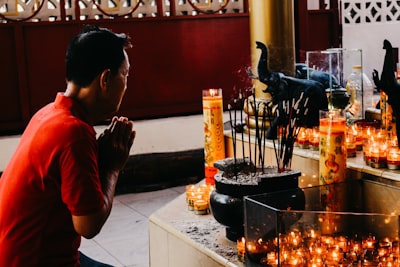As the year draws to a close, communities across the globe—especially in predominantly Muslim countries—gather to recite 'doa akhir tahun,' or end-of-year prayers. On the surface, these collective supplications are a spiritual marker, but their role is far more provocative: are they simply ceremonial, or can they catalyze true self-assessment and renewal?
Key Insight: A Prayer for Growth, Not Just Gratitude End-of-year prayers, traditionally read before Maghrib on the final day of the Islamic calendar year, serve as a moment of pause. They blend gratitude for past blessings with repentance for missteps and hope for betterment. Yet, critics argue they risk becoming rote exercises, untethered from introspection or social change.
Dilemma: Ritual vs. Genuine Change Many attend these gatherings as an annual obligation, merely going through the motions. The controversy lies here: Does repeating the same supplication each year inspire authentic transformation, or lull believers into complacency? For others, the practice marks a necessary spiritual audit—a chance for deep self-evaluation before stepping into a new calendar cycle.
Comparing Approaches:
| Approach | Strength | Weakness |
|---|---|---|
| Ritual Recitation | Fosters unity, easy | Risks becoming routine |
| Reflective Practice | Promotes self-growth | Demands more commitment |
Societal Impact and Relevance In an era of rising anxiety and relentless digital distraction, communal rituals like doa akhir tahun remind society of the importance of reflection. Yet, in Indonesia—the world's largest Muslim-majority nation—youth movements increasingly push for these prayers to be supplemented by concrete actions: volunteering, goal-setting, or charity.
Surprising Trend: Tech-Driven Reflections Mobile apps now offer personalized end-of-year prayer prompts and goal trackers, merging ancient tradition with modern self-improvement. This evolution hints at a growing appetite for actionable spirituality—proving that, for many, the doa akhir tahun is less about ritual compliance and more about catalyzing intentional change.
This article was inspired by the headline: 'doa akhir tahun'.

Comments
No comments yet. Be the first to comment!